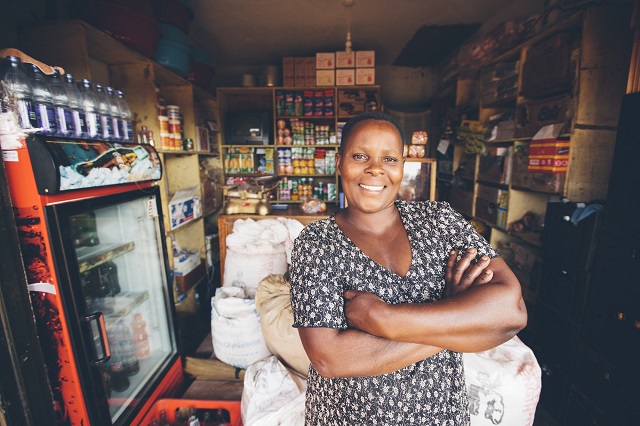
The imminent re-opening of schools to take in non-candidate classes has ignited business confidence and supported a return to growth in employment
Kampala, Uganda | THE INDEPENDENT | The private sector has become more optimistic about its businesses for the next few months following a troubled period between December and January. The two months were characterized by job cuts as companies implemented cost-cutting measures in response to the Covid-19 pandemic according to a monthly survey, the Purchasing Managers’ Index (PMI).
“Private sector optimism picked up during February ending a two-month sequence of job cuts and leading to an improvement in the Purchasing Managers’ Index (PMI) to 51.2 from 49.8 in January,” says the index produced by IHS Markit, a global industry information firm.
The PMI is a measure that provides an early indication of operating conditions in Uganda. The purchasing managers increase or reduce their purchasing activities based on what the company plans to do and how they see the market in the next few days. Activities are declining and the outlook negative when the index falls below the 50.0 mark, and anything above that mark signifies a positive outlook based on the activities of companies.
The index is now above 50.0 signifying a positive outlook compared to the same period in January. In the survey done in February, the managers interviewed indicated that a rise in new orders and a move towards normalcy following the election period is behind the increase in activity.
“Particularly, the imminent re-opening of schools to take in non-candidate classes (expected in the coming months) has ignited business confidence and supported a return to growth in employment,” says the index.
There is a rise in staffing levels especially as schools prepared for increased activity and these have led to higher employee expenses, higher purchase costs for items such as foodstuffs, stationery and liquid soap according to the survey. “Preparations for a wider reopening of schools is supporting a return to growth.
This new business has led to a rise in output in February (the eighth in as many months) particularly in the agriculture and industry sectors. We however continue to see a decline in activity elsewhere,” says Ronald Muyanja, the Head of Trading at Stanbic Bank Uganda.
The violent events that marred the campaign period saw dozens of people killed and some properties destroyed in and around Kampala, forcing the business community to scale down on activities as others temporarily closed shops. This came as the country was trying to recover from the devastating effects of the pandemic that had seen most of the economic activities shut down for three months, while a few others remain locked to-date.
“The downturn in business conditions that came with the election period has subsided and the health of the private sector has improved. New orders, staffing hires and output continued to rise in February,” says Muyanja. He adds that business conditions have now strengthened in seven of the past eight months, even though the latest reading is still below the series average of 52.9.
On employment, Muyanja said, “the return to the growth seen last month has ended a two-month sequence of job cuts. And subsequently, an increase in staffing levels means an increase in employee expenses, purchase costs of goods and services thus good business.” According to the PMI survey, staffing levels returned to growth midway through the first quarter having decreased in each of the previous two months (December and January).
Respondents indicated that they had increased employment in response to a renewed expansion of new orders. All the categories of businesses posted job creation except in the services sector. Purchasing activity also rose for the first time in three months.
Higher input-buying combined with positive expectations around future new order inflows led to an accumulation of inventories. Both the agriculture and trade (wholesale and retail) sectors enhanced their purchases of inputs during February. Consequently, there was an overall increase in input prices in February, with all monitored sectors posting inflation.
The report indicated higher prices for utilities such as electricity and water contributing to an overall rise in inflation. The report also shows that suppliers’ delivery times shortened for the first time since November last year, as producers and suppliers of materials stepped up output. Around 85% of respondents expressed confidence that the 12-month will see better business.
*****
URN
 The Independent Uganda: You get the Truth we Pay the Price
The Independent Uganda: You get the Truth we Pay the Price


